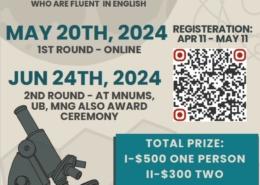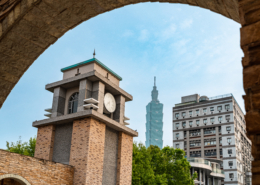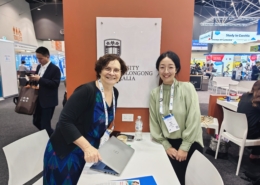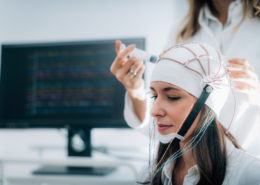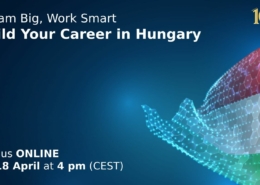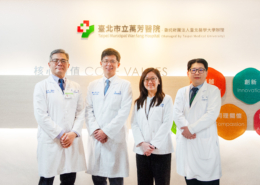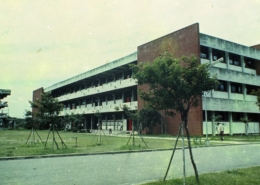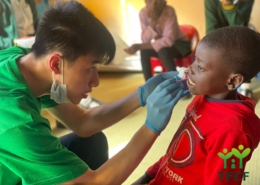TMU-MIT Sana Hackathon uses AI for new medical applications
TMU and the Massachusetts Institute of Technology (MIT) held the 2017 Sana Hackathon at the Da’an Campus October 6-8. MIT sent 7 representatives to Taiwan who together with the TMU representatives served as a 20-member international teaching group that discussed how to stimulate innovations and entrepreneurship in health care information. This teaching group addressed individual concerns and questions and offered seminars on specific topics.
These seminars included a session on medical applications of artificial intelligence by Sana leader Dr. Leo Anthony Celi, the clinical research director of MIT’s laboratory of computational physiology. Sana is a cross-disciplinary organization hosted at the Laboratory for Computational Physiology at MIT’s Institute for Medical Engineering and Science. It includes clinicians and engineers as well as policy, public health, and business experts to adapt the latest technologies to build sustainable practical solutions to global problems along the entire health care value chain.
Another seminar by Ba-Zheng Li, who leads the National Health Insurance Administration, discussed health care data applications. Dr. Matthieu Komorowski, a leader in the field of bioastraunautics, shared his experiences with health care simulation training for Mars research center astronauts, while FORMASAT-5 project director He-Ben Zhang from the National Space Organization shared his thoughts on bioastronautics challenges.
MIT Biotechnology Group founder James Weis, Taipei Biotech Association executive secretary Ming-Feng Lu and TMU Biostatistics Research Center analyst Yang-Kuang Lin also led a biotechnology and entrepreneurship workshop to help motivate the participants.
While last year’s topic was wearable devices and the “health internet of things,” this year’s theme was medical applications. Topics included data collection and biomedical big data, particularly use of the latest and hottest AI technologies to analyze biomedical big data and to visualize this information for presentation in order to motivate changes in individual behavior.
The Hackathon collaboration between TMU and MIT integrates the strengths of both institutions, using their expertise in health care and information technology to stimulate innovation. In this way, competitors can better connect with the international community, broaden their world views, and pave the way for future medical and biotechnology products.[1]
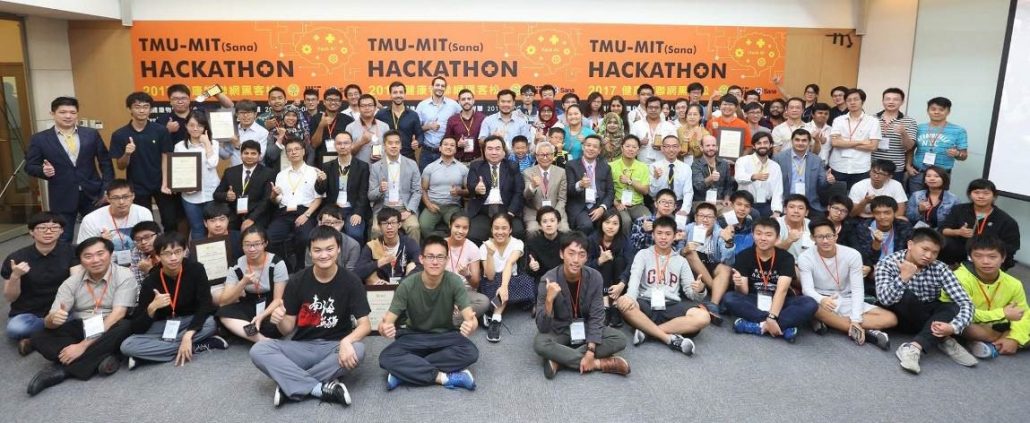
Group Photo
[1] The event was sponsored by the Ministry of Health and Welfare, Taipei City Government, the Ministry of Labor, TriHealth Enterprise Inc., Microsoft Taiwan and other supporters.
Read more about the winning teams
The participants were assigned to teams with the intention to make each team diverse in skills. The first-place team Lenimentum had members who are physicians, software engineers, entrepreneurship coaches, and university and high school students. They were able to answer a difficult question that the MIT instructors has been focused on for numerous years. The team used AI machine learning technology to determine which anemic patients was suitable for large-volume infusion treatments, creating a smart infusion management strategy. The team also received the most valuable team prize.

Chairman Tsu-der Lee (middle) presented a certificate and medals to the first-place team Lenimentum
The second-place team was Medical Instrument Technology, which created an integrated system to recognize visual physiological signals and expressions for emergency diagnostic application using video cameras to observe faces and analyzing them to determine heart rate, gender and expressions. They also created a special “blacklist” to detect aggressive signals from patients so medical staff can take precautionary measures to protect themselves and prevent violent acts in emergency rooms. This team also received the creativity prize.

Instructors provided each team with expert opinions.

